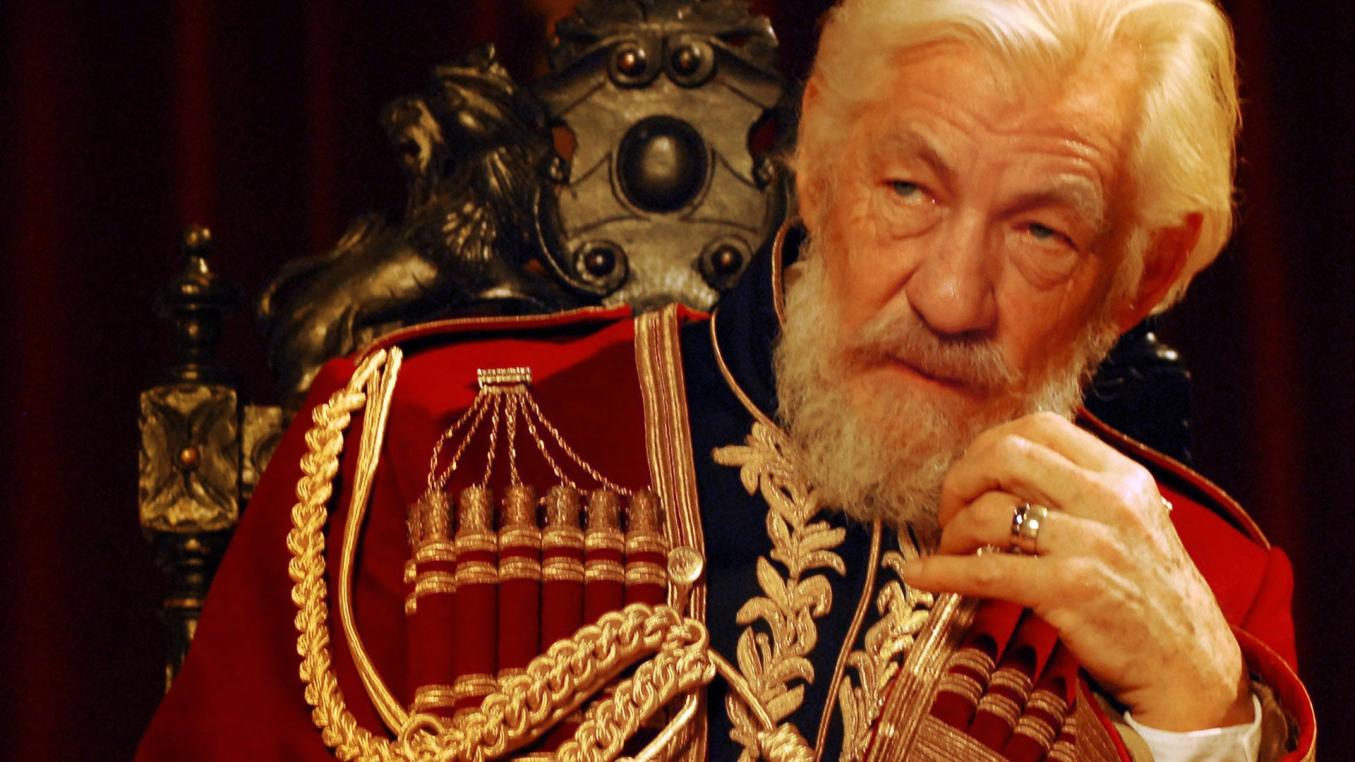What Are the Different Interpretations of King Lear's Ending?
William Shakespeare's "King Lear" is a tragic masterpiece that delves into the complexities of power, family, and madness. The play's ending has been the subject of much debate and interpretation, with scholars and audiences alike offering diverse perspectives on its significance. This article examines various interpretations of King Lear's ending and their implications for understanding the play's themes and characters.

I. The Death Of King Lear
The literal interpretation of the ending suggests that King Lear dies of grief and despair after losing his daughters and kingdom. This interpretation emphasizes the tragic elements of the play and the consequences of Lear's actions. Lear's descent into madness and his ultimate demise serve as a cautionary tale about the dangers of pride, arrogance, and the abuse of power.
- The death of King Lear marks the culmination of his tragic journey, highlighting the devastating effects of his flawed decisions.
- The loss of his daughters and kingdom symbolizes the disintegration of Lear's identity and the collapse of his world.
- Lear's death serves as a reminder of the fragility of human existence and the inevitability of death.
II. The Redemption Of King Lear
Another interpretation suggests that Lear's death represents a form of redemption and reconciliation. Through his suffering and loss, Lear gains a deeper understanding of himself and his relationships. His final moments with Cordelia, his loyal daughter, are often seen as a moment of reconciliation and forgiveness.
- Lear's death can be viewed as a form of atonement for his past mistakes and a recognition of his own mortality.
- The reconciliation with Cordelia offers a glimmer of hope amidst the tragedy, suggesting the possibility of redemption even in the face of adversity.
- Lear's death marks the end of his journey of self-discovery and the attainment of a newfound wisdom.
III. The Restoration Of Order

Some interpretations emphasize the ending of the play as signaling a restoration of order and justice. The deaths of Edmund, Goneril, and Regan serve as poetic justice for their evil deeds, while Edgar's ascension to the throne symbolizes renewed hope and stability.
- The deaths of the villains provide a sense of closure and catharsis, allowing the audience to witness the triumph of good over evil.
- Edgar's coronation represents the restoration of order and the promise of a better future for the kingdom.
- The ending suggests that despite the tragic events that have transpired, there is still hope for renewal and reconciliation.
IV. The Ambiguity Of The Ending
The ending of "King Lear" is intentionally ambiguous, leaving many questions unanswered and open to interpretation. This ambiguity allows for multiple interpretations and encourages readers to reflect on the play's themes and characters.
- The ambiguity of the ending reflects the complexity of human nature and the unpredictable nature of life.
- It invites the audience to engage with the play on a deeper level, encouraging them to consider the play's themes and characters from different perspectives.
- The ambiguity allows the play to remain relevant and thought-provoking, inviting new interpretations and discussions with each reading.
V. Conclusion

The ending of "King Lear" has been the subject of much debate and interpretation, with scholars and audiences alike offering diverse perspectives on its significance. The play's enduring impact and relevance stem from its ability to generate multiple interpretations and provoke thoughtful discussions about power, family, madness, and the human condition. Whether it is seen as a tragedy, a redemption, a restoration of order, or an ambiguous exploration of human existence, "King Lear" continues to captivate and challenge audiences centuries after its creation.
YesNo

Leave a Reply